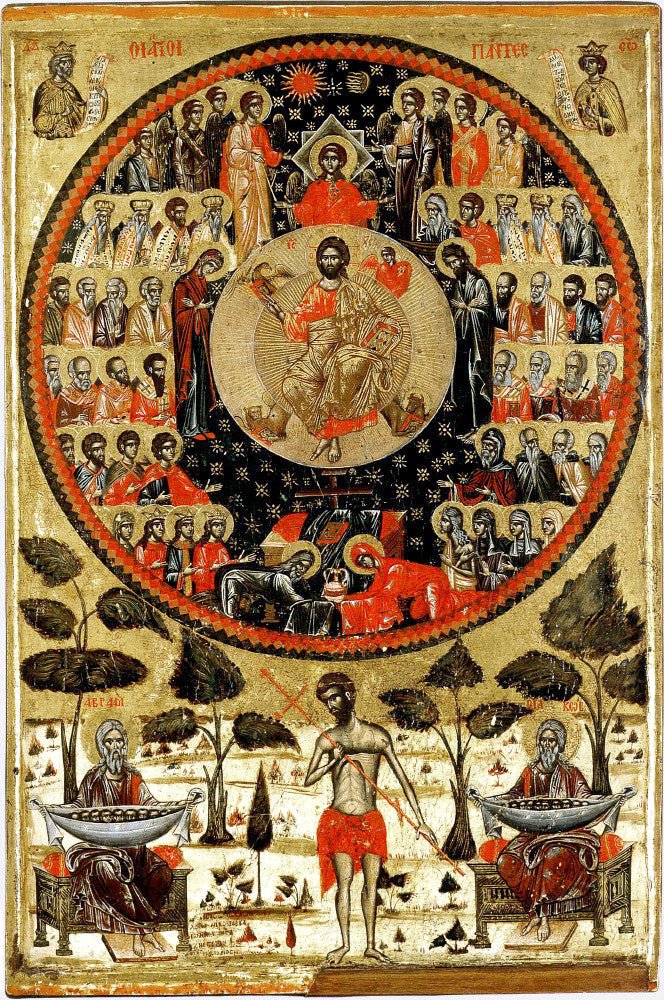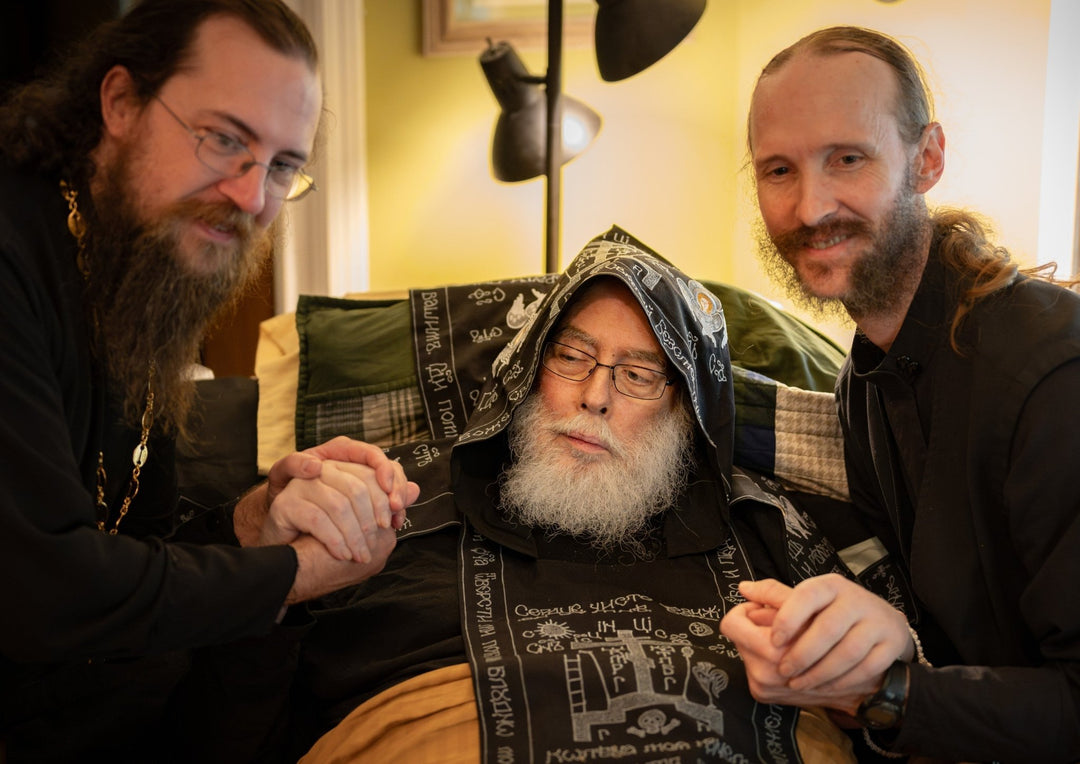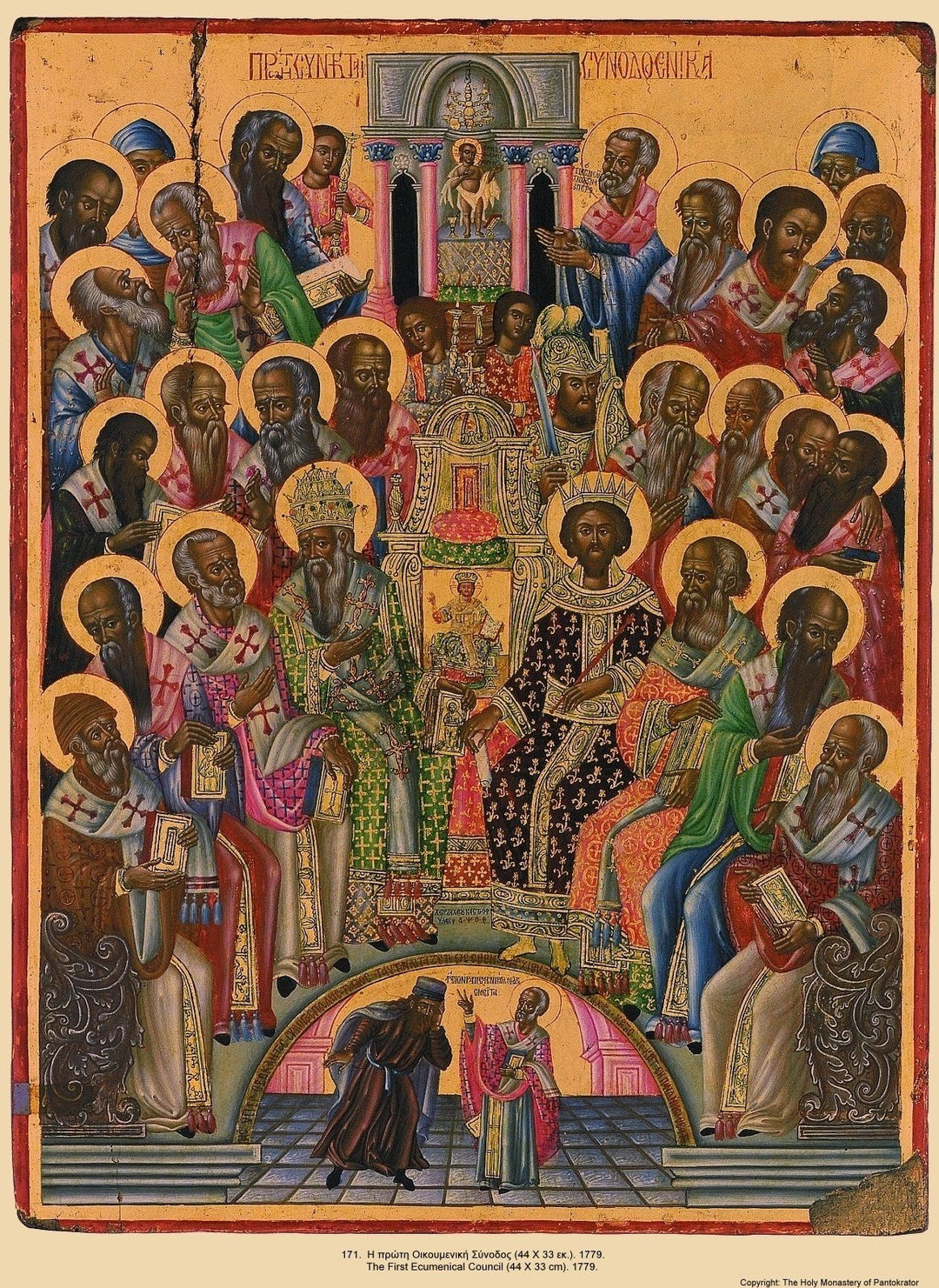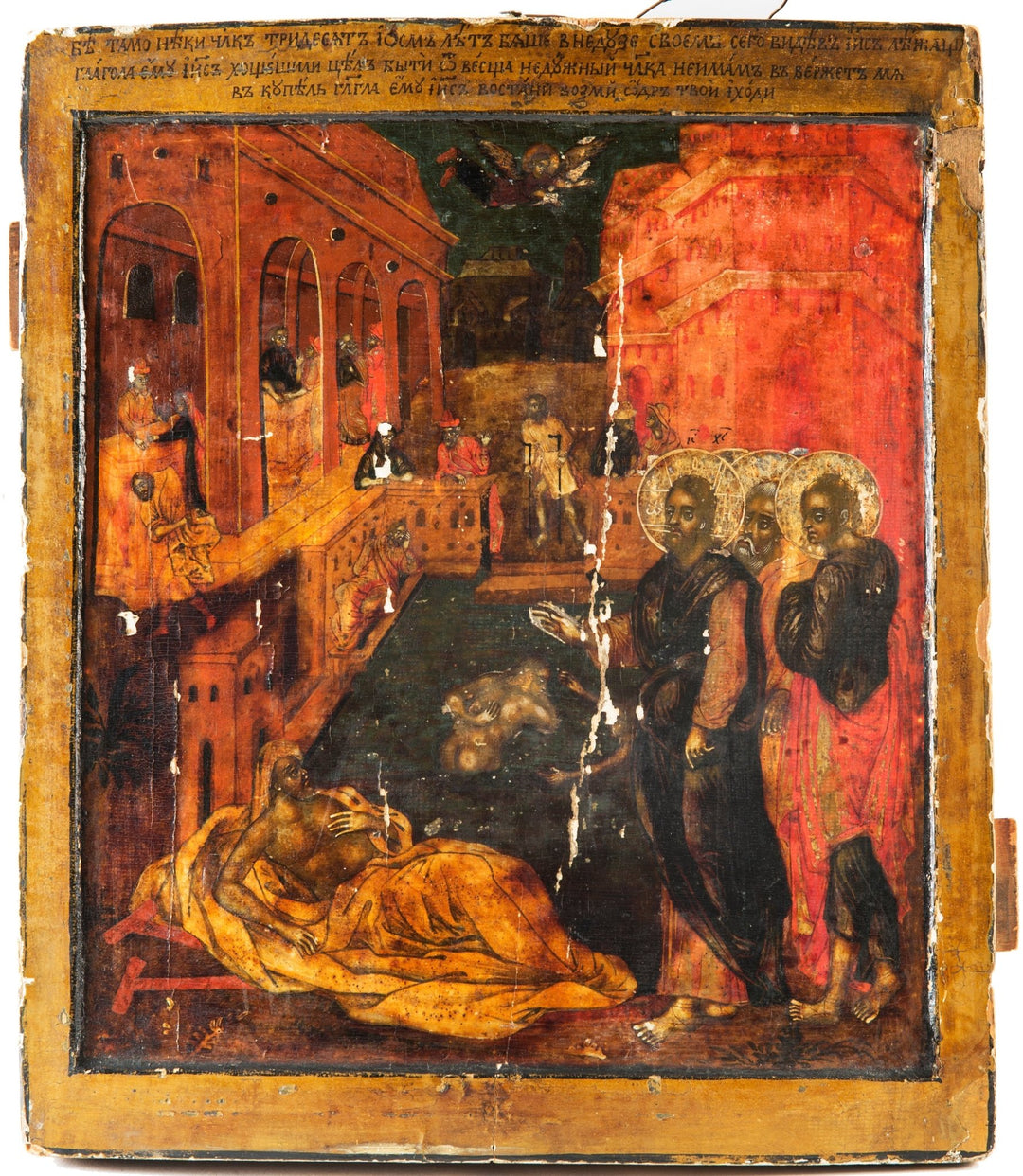Sermons & Homilies

Today, we commemorate all the Saints who have ever existed. The reason for this is not because we might have missed some throughout the year, but to show that this is God’s desired end for all of humanity, not just the American land, not just the Russian land, not just the Serbian land, but for all lands and for all time. The net of holiness encircles the multitudinous variations of our human race. From the peasant to the prodigy, the idiot to the intelligent, the homeless to the hierarch, the monogamous to the monk; from the Patriarch Moses to Lazarus whose sores the dogs licked, the grace of God reaches out to all people, making sinners into saints.

As we celebrate today the outpouring of the Holy Spirit, let us also rejoice in the assurance that that same Holy Spirit has received our dear father into the life of heaven, and that through that same Holy Spirit, we are ever united with him and with Christ. The Holy Spirit bears witness to my spirit that the love wherewith Fr. Seraphim loved me and each one of us, individually and collectively—that love is stronger than death.

We can’t love someone we don’t know. This is why the Church always fights against heresy, against false beliefs about God. How meaningful and deep can our relationship be with someone when we think of him as something he is not? This is why the Church fights heresy and triumphs in her victories several times throughout the year.
It is through the Theotokos that we come to know Christ. The Invisible One became visible through her alone. The Unknowable became knowable through her alone. The Intangible became touchable through her alone. The Silent became audible through her alone. This is how He desired it. This is how He designed it. This is how He has loved to make it be.

It’s in this state that Christ comes to us and asks us the question upon which hinges the entire Christian life: Wilt thou be made whole? (Jn. 5:6). “Do you want to be healed?” The answer may seem self-evident. Why else would the man be laying there by the sheep pool? But significantly, the paralytic does not simply say, “Yes.” He begins to explain why he can’t be healed. Sir, I have no man, when the water is troubled, to put me into the pool (Jn. 5:7). We do something very similar. We presume that we want what’s best for ourselves, we presume that we truly desire spiritual health and salvation. “Why else would I be living a Christian life? Why else would I have come to the monastery?”






